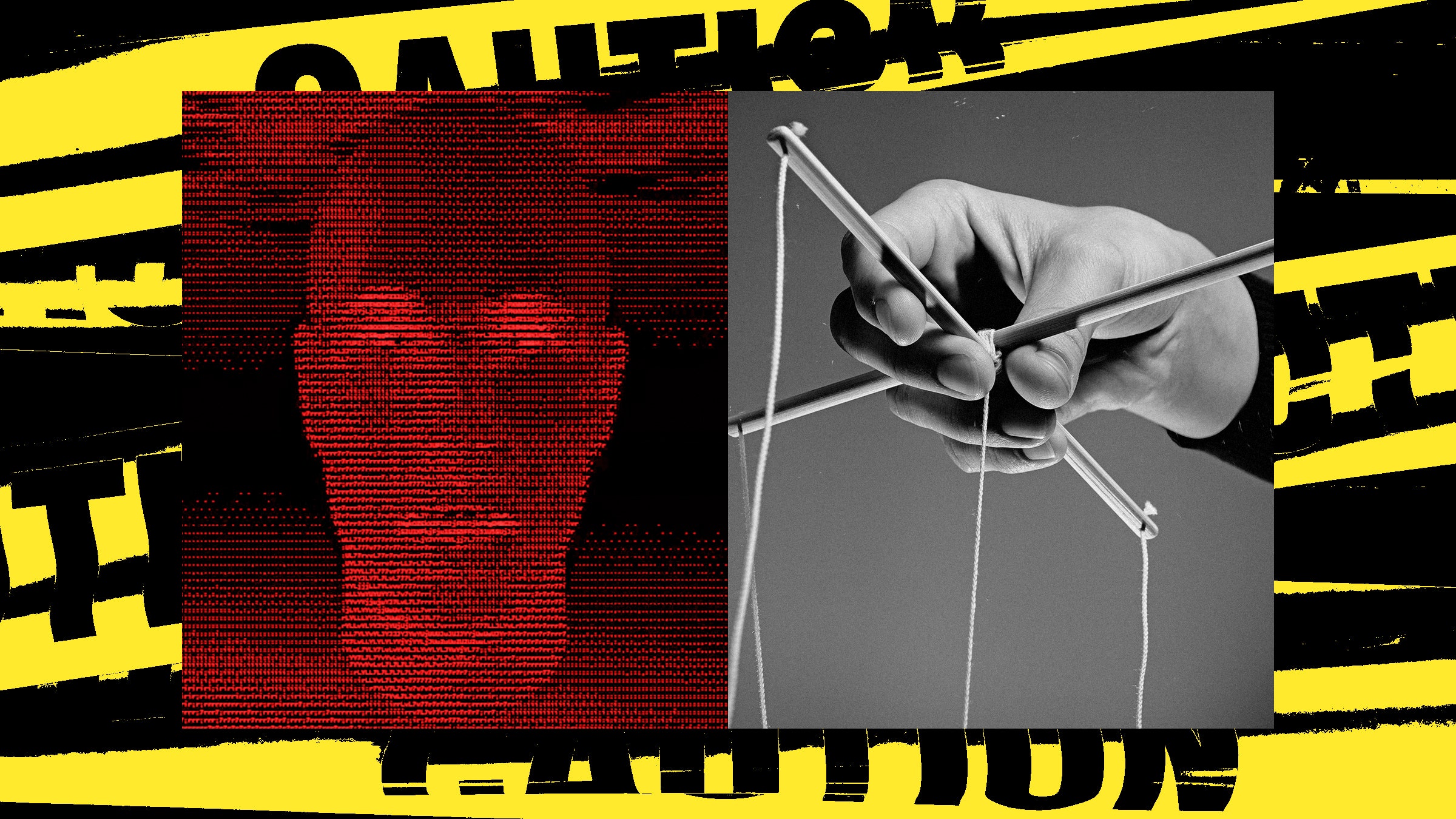Immersive Tech Obscures Reality. AI Will Threaten It
As technology continues to advance at an unprecedented pace, we are seeing the rise of immersive tech that blurs the lines between reality and virtual worlds. Virtual reality (VR) and augmented reality (AR) are becoming increasingly popular, offering users the opportunity to immerse themselves in digital environments.
While these technologies have the potential to revolutionize entertainment, education, and various industries, there is a concern that they may also obscure our perception of reality. As users spend more time in virtual worlds, they may become disconnected from the real world, leading to a host of social, psychological, and ethical issues.
Furthermore, the rapid development of artificial intelligence (AI) is garnering significant attention. AI has the potential to automate tasks, improve efficiency, and enhance decision-making processes. However, there are concerns that AI may also threaten our reality by surpassing human intelligence and autonomy.
As AI becomes more advanced, there is a fear that it may outsmart humans, leading to a loss of control and potentially posing risks to society. The development of superintelligent AI could have unpredictable consequences, raising questions about ethics, safety, and the future of humanity.
It is clear that the intersection of immersive tech and AI raises important considerations about the impact of technology on our lives. As we navigate this rapidly changing landscape, it is crucial to prioritize ethical and responsible use of technology to ensure that it serves, rather than threatens, our reality.
